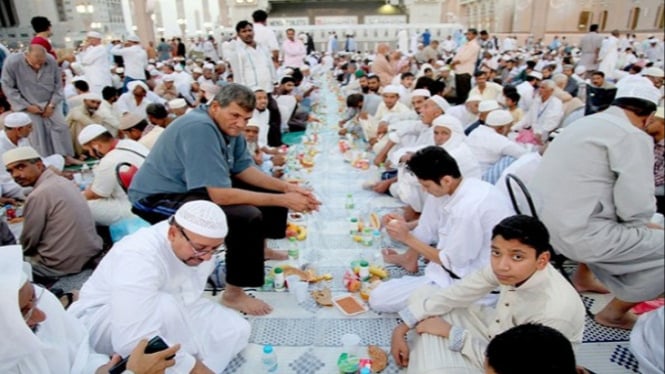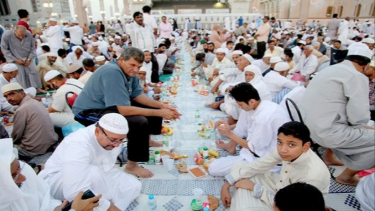Six Religions Other than Islam that Require Fasting
- U-Report
VIVA – Many people know Islam as a religion that requires its adherents to fast for the entire month of the holy month or known as Ramadhan. But it turns out, not only Islam, other religions require fasting even if it is not a full month.
There are many reasons why every religion chooses to fast, it can be for a spiritual, health perspective, or the mandatory – such as in Islam – fasting is one of the five pillars of Islam and is observed by Muslims during the holy month of Ramadhan, which lasts for 29 or 30 days based on the lunar calendar.
Fasting in Islam is not only a way to demonstrate faith and devotion, but it is also seen as a way to purify the body and soul, increase spiritual awareness, and practice self-discipline. It is believed that fasting helps Muslims become more empathetic towards those who are less fortunate, as they experience hunger and thirst.
Ilustrasi anak berpuasa.
- U-Report
So, here are six religions other than Islam that require fasting.
1. Christianity: Christians fast during the season of Lent, which lasts for 40 days and represents the 40 days that Jesus fasted in the desert before starting his ministry.
2. Judaism: The Jewish holiday of Yom Kippur is a day of atonement where followers fast for 25 hours to seek forgiveness for their sins.
3. Hinduism: Fasting is a common practice among Hindus, particularly during the festival of Navratri, where devotees fast for nine days to honor the goddess, Durga.
4. Buddhism: Buddhists practice fasting as a means of self-discipline and to focus on their spiritual practice. This practice is often observed during the Buddhist holy day of Uposatha.
5. Catholicism: Catholics practice fasting on Ash Wednesday and Good Friday, which are days of repentance and reflection.
6. Jainism: Jains fast regularly as part of their commitment to non-violence and spiritual purity. Fasting is seen as a way to purify the body and mind and to gain spiritual merit.





















